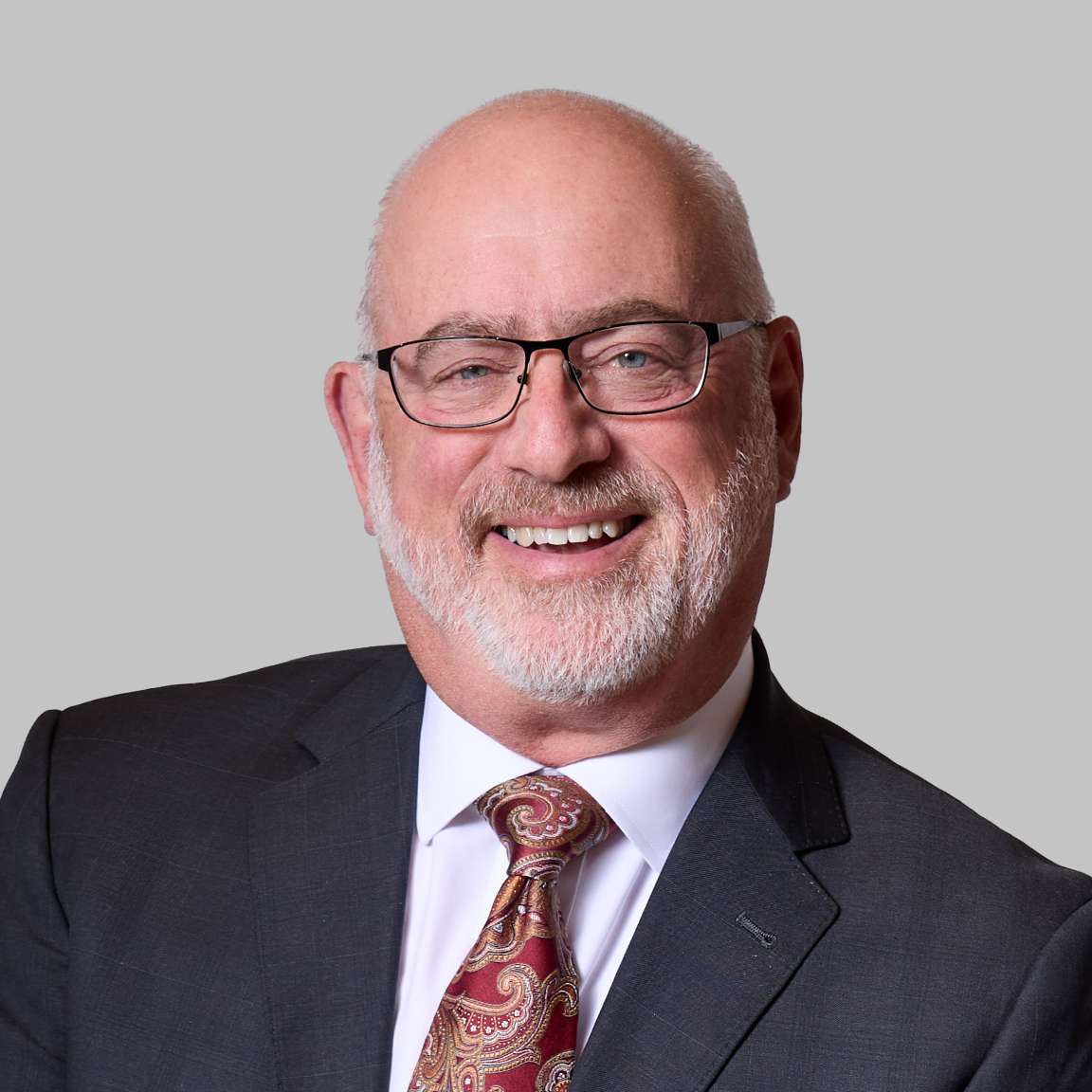-
The views expressed herein do not constitute research, investment advice or trade recommendations and do not necessarily represent the views of all AB portfolio-management teams.
Why Do We Call It the Age of Skepticism?

| Great Deal/Quite a Lot | Great Deal/Quite a Lot | |
|---|---|---|
1975 or 1979 |
2020 |
|
| Organized Religion | 68% | 42% |
| Congress | 40% | 13% |
| Presidency | 52% | 39% |
| Big Business | 34% | 19% |
| Banks | 60% | 38% |
| Medical System | 80% | 51% |
| Newspapers | 51% | 24% |
Kenneth Haman is the Managing Director of the AB Advisor Institute (AB AI). AB AI provides insights from the behavioral sciences, including behavioral finance, to client-facing financial advisors to improve their marketing outreach and relationship-building efforts with investors. Haman began his current role at AB in 2005. Prior to this, he managed a psychotherapy practice in the Washington, DC market for 20 years. Haman holds a BA in business administration from Lebanon Valley College; an MDiv from Princeton Theological Seminary; an MAPC from Moravian College; and certifications in clinical hypnosis and neuro-linguistic programing from the American Hypnosis Training Academy. Location: Nashville
